News
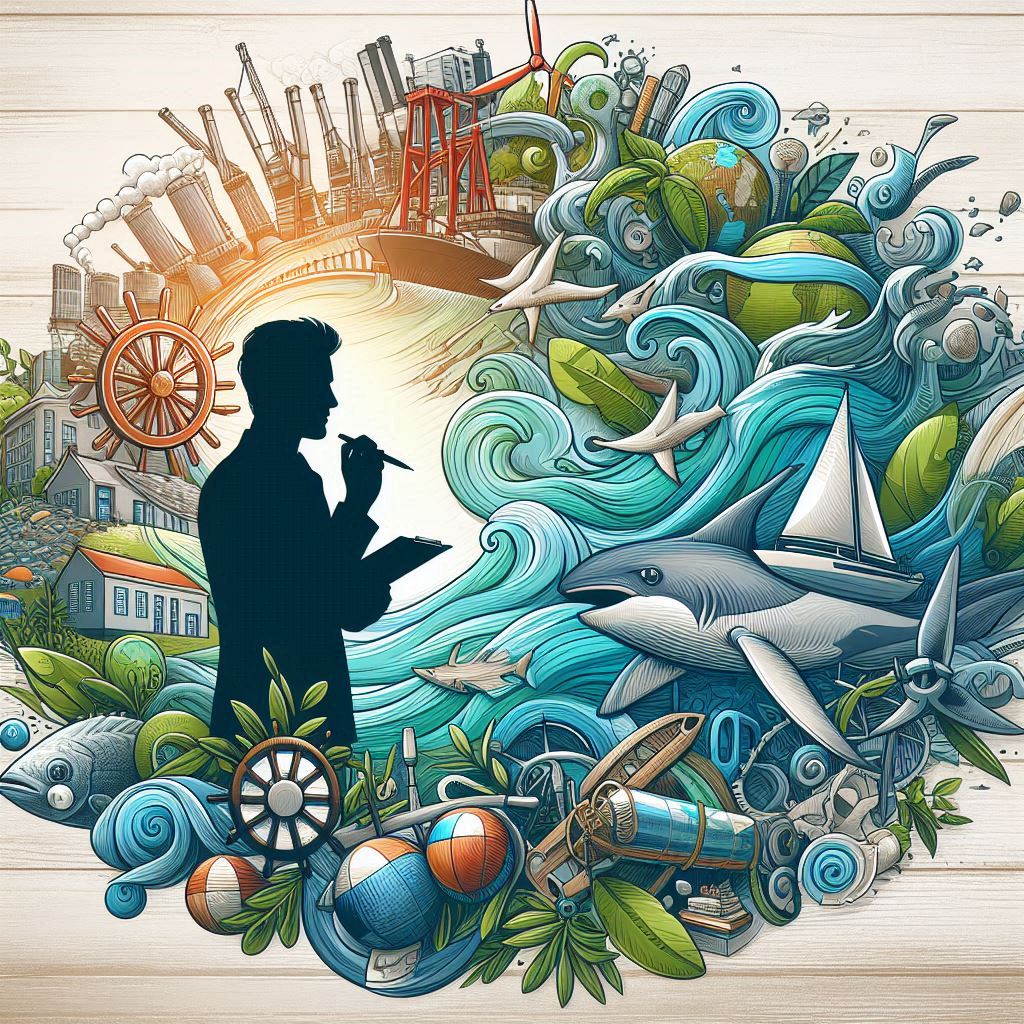
We are hiring a Partnership Coordinator — a young, dynamic, and proactive professional who will become our liaison with NGOs, public bodies, universities, startups, and companies. Your mission will be to build, nurture, and grow strategic alliances capable of multiplying Sea the Change’s environmental and social impact, supporting our ambitious growth targets.
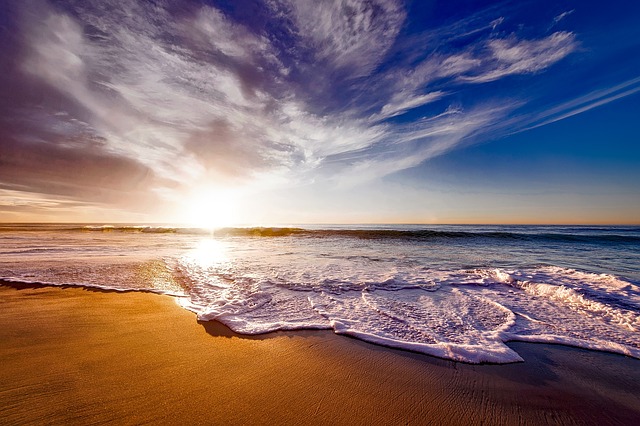
Calculating the carbon footprint is the first step in understanding and reducing emissions. But what happens next? Once the data have been collected, how can one move from diagnosis to action? And most importantly: how can climate commitment be transformed into concrete projects that benefit marine ecosystems?
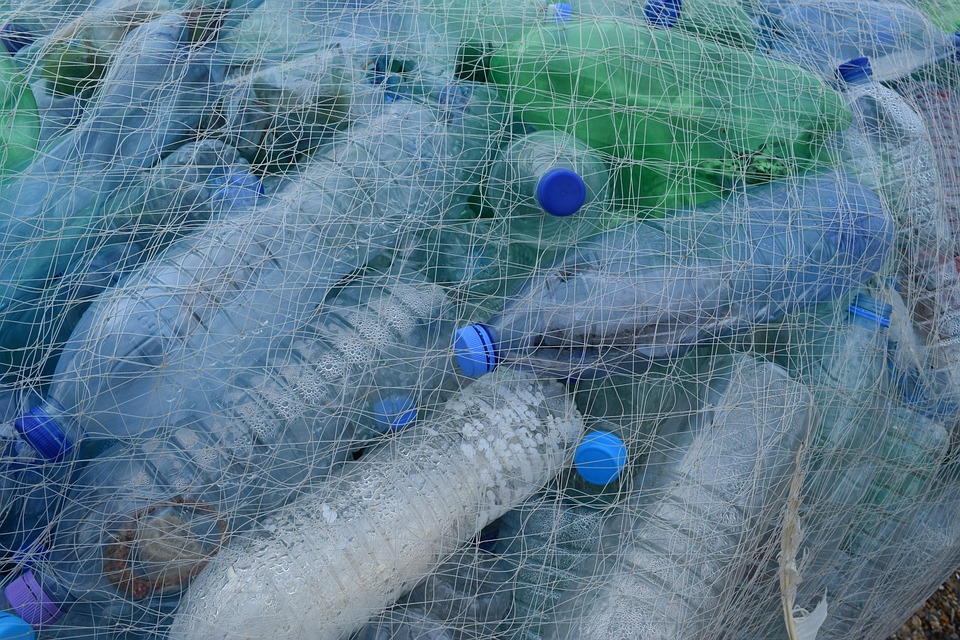
Starting from 2030, Venetian fishermen will be prohibited from using polystyrene fish boxes, which will have to be replaced with crates made of “sustainable” material, meaning capable of ensuring environmental sustainability, their own traceability, and the hygienic and sanitary safety of the fish product. This is established by Regional Law no. 5 of May 13, 2025, issued in order to promote the circular economy within the fishing sector and to combat marine pollution.
For those who ignore the provisions, administrative sanctions ranging from 200 to 1200 euros are foreseen.
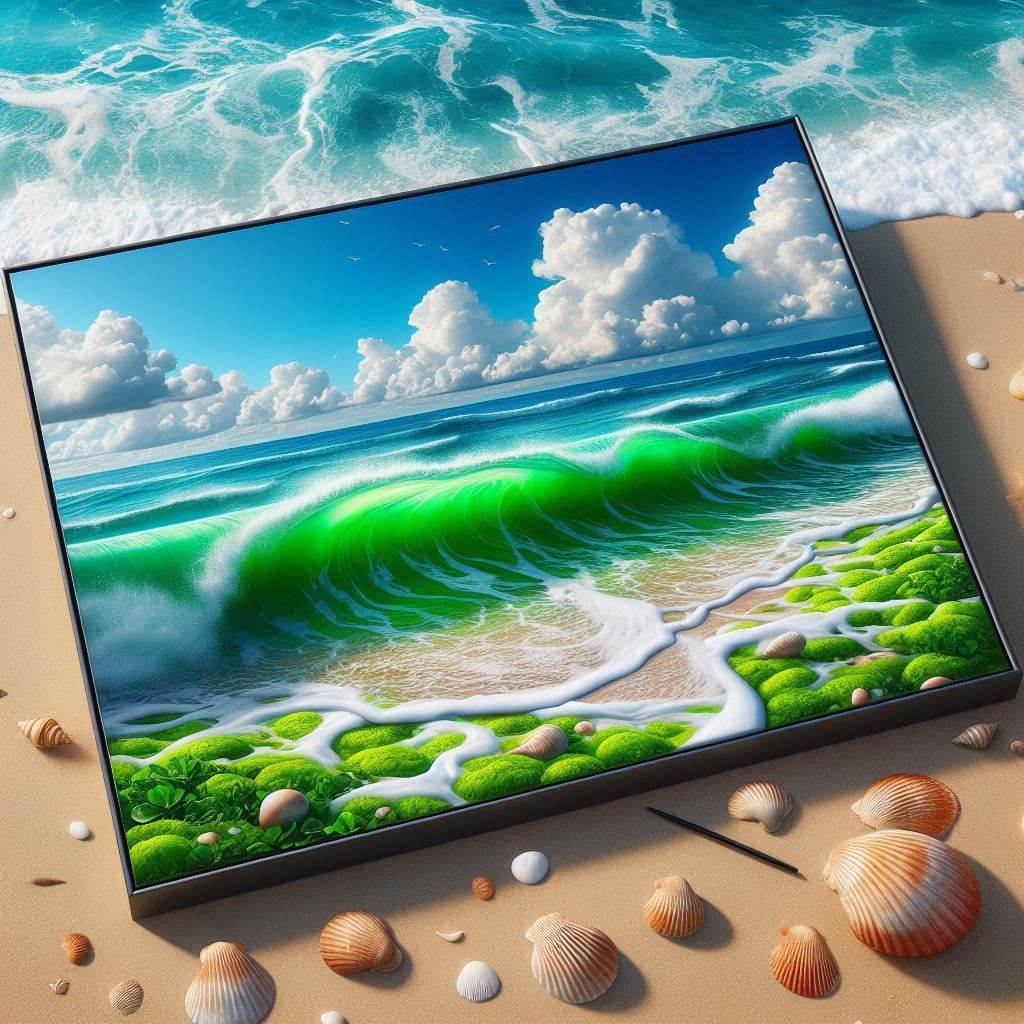
At Sea the Change, we are committed to forming partnerships with companies that represent an example of sustainability and environmental awareness within their sector. We are pleased to announce that our client Venezia1937 has been selected as a winner of the European fuTOURiSME Open Call, a European program that supports innovation in the tourism sector, promoting sustainable, accessible, and inclusive practices.

NEWS
Scars from the world's first deep sea mining test 50 years on LINK
Over 99 % of the deep sea remains a mystery LINK
The hidden underwater eden of ‘California’s Galapagos’, LINK
IN-DEPTH BLUE & BUSINESS
Understanding emissions is the first step to reducing them. But how is a company’s carbon footprint practically measured? And how does this process translate into an action that also helps protect marine ecosystems?
Calculating the carbon footprint is a structured method for quantifying greenhouse gas emissions associated with business activities. It is based on international standards such as the Greenhouse Gas Protocol and divides emissions into three categories (Scope 1, 2, and 3) to facilitate a comprehensive and comparable analysis.



